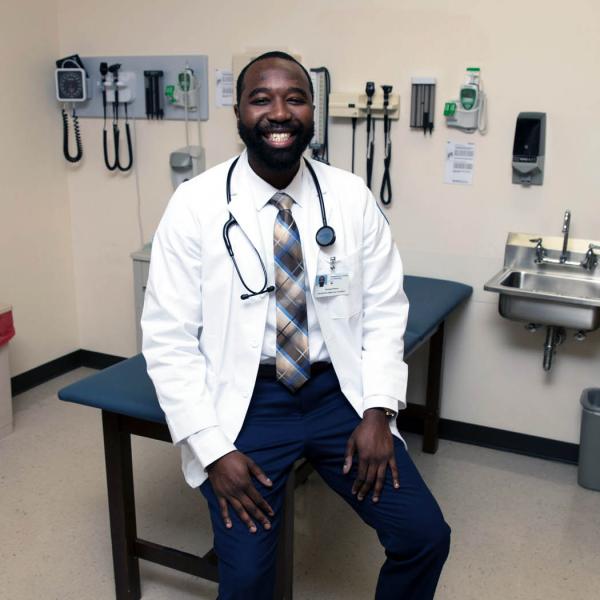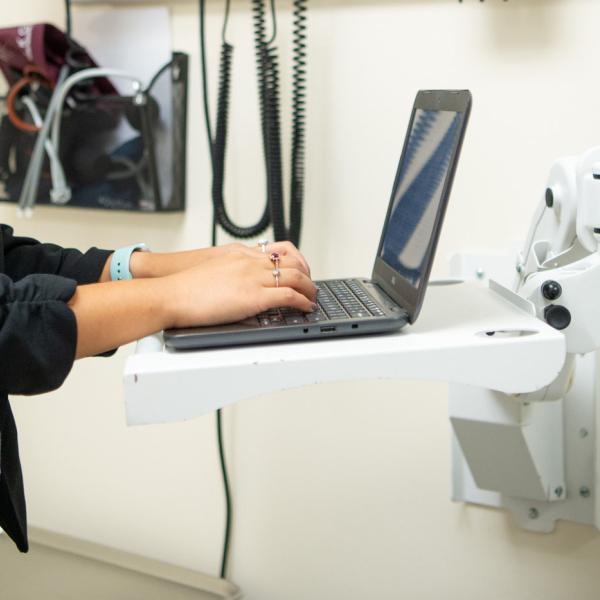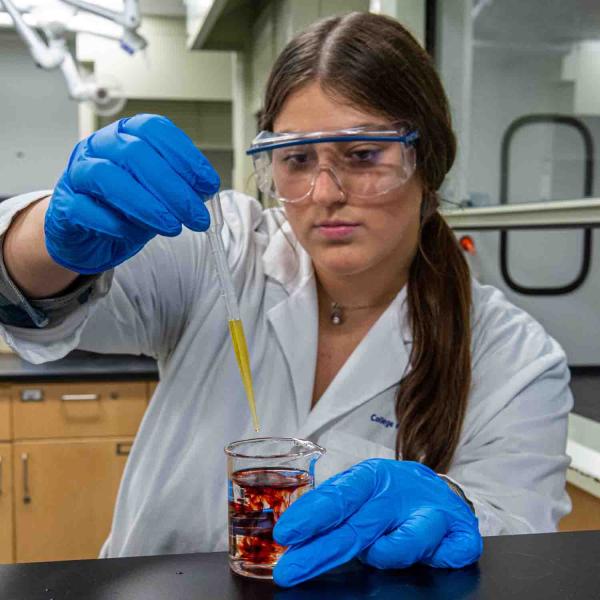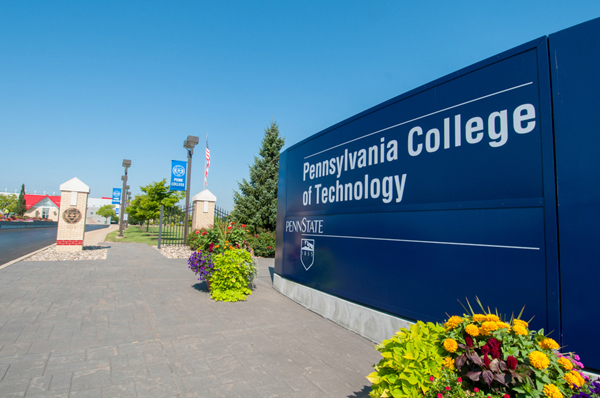Prehospital Medicine
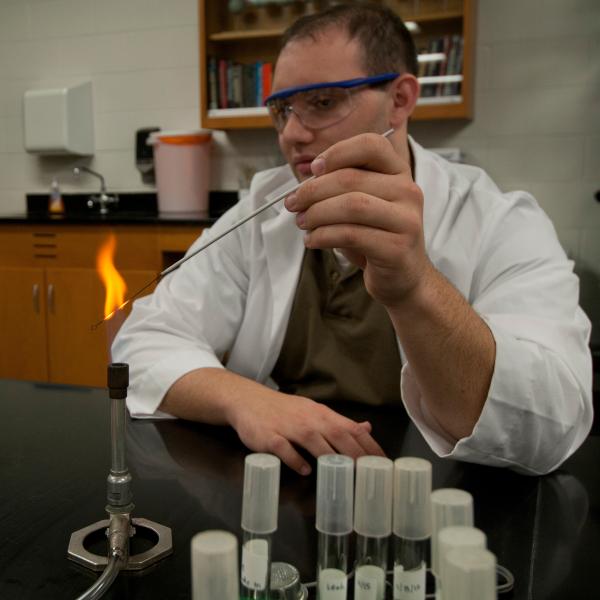
About this program
Tomorrow needs more highly trained healthcare professionals. Are you ready to answer the call? With a bachelor’s in Prehospital Medicine, you will be. Our curriculum will help you gain the knowledge needed to expand your opportunities within or beyond your clinical role. This specialized program provides a strong foundation in science and math to prepare you for diverse career paths. Enjoy career mobility within Emergency Medical Services (EMS) systems, pursue an administrative position, teach paramedicine, or pursue graduate education.
Next steps...
You're on your way to becoming a tomorrow maker.
Science-Based Curriculum
Career-Boosting Major
Diverse Career Paths

Careers
- Advancement within EMS systems
- Administrative & teaching positions in paramedicine
This degree also serves as preparation for graduate education in a variety of healthcare professions, including the master’s in physician assistant studies at Penn College.
Courses
At Penn College, we believe your educational experience should go beyond specialized skills. Real-world ready means taking a broader approach that builds communication skills, inspires collaboration, and encourages exploration of arts, history, and science.
Specialization requires in-depth knowledge and high-level proficiency. Students learn and apply major-specific concepts, skills, and methods.
- PMC304Proven Credential - Paramedic Certificate
- MTR104Basics of Medical Terminology
- HTH313Healthcare for Aging Populations
- HTH303Nutrition Science
- PDEELCPrehospital Medicine Directed Elective
- HTH415Introduction to Global Health
- HTH409Research Methods for Healthcare
- PDEELCPrehospital Medicine Directed Elective
Perspectives are points of view, offering a variety of ways of understanding, interacting, and influencing the world. Students identify, explain, and utilize the approaches used by academics and professionals to study, analyze, or understand problems, and offer solutions.
- BIO108Principles of Biology I
- CHM111General Chemistry I
- BIO109Principles of Biology II
- CHM121General Chemistry II
- BIO115Human Anatomy & Physiology I
- CHM210Organic Chemistry I
- CHM211Organic Chemistry I Laboratory
- PSYSOCSelect One Course: PSY111 or SOC111
- ARPELCCore Arts Perspective
- PHS115College Physics I
- BIO125Human Anatomy & Physiology II
- HIPELCCore Historical Perspective
- BIO201Microbiology
- CHM370Biochemistry
- BIO310Genetics
- BIO320Immunology
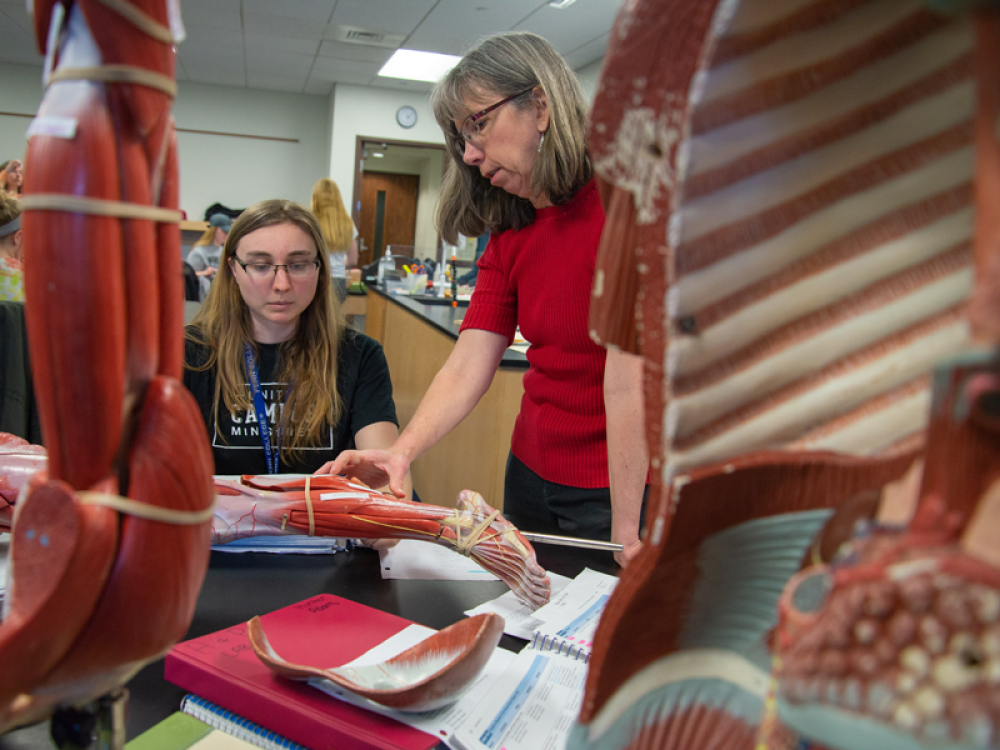
Facilities
Anatomy & Physiology Labs
Discover the wonders of the human body. Take a look at what’s under the skin in our anatomy and physiology labs. Learn beyond the textbook through hands-on activities using a collection of anatomical models.
Tour Schedule
Seeing is believing.
Think Penn College might be a good fit for you? Make plans to visit and discover what hands-on learning is all about.
Related Programs
Follow your passion

Study Abroad
Gain global experience
See the world via Williamsport. Take your education abroad and get hands-on experience learning about your industry on a global scale.
Student Life
Lead and put your skills to the test

Student Government Association (SGA)
Let your voice be heard! Attend the next meeting to learn what’s new or consider running for a senate seat.

Student Organizations at Penn College
Your college experience is about more than the classroom. Join one of 65+ clubs and organizations, or create your own.
Penn College News
Friday, September 5, 2025
Alpha Chi members collect supplies for Kenya medical clinic
Wednesday, July 23, 2025
Penn College partners with medical school for early acceptance program
Tuesday, September 13, 2022
Penn College launches bachelor’s degree in biomedical sciences
Student Experience
The community as their classroom
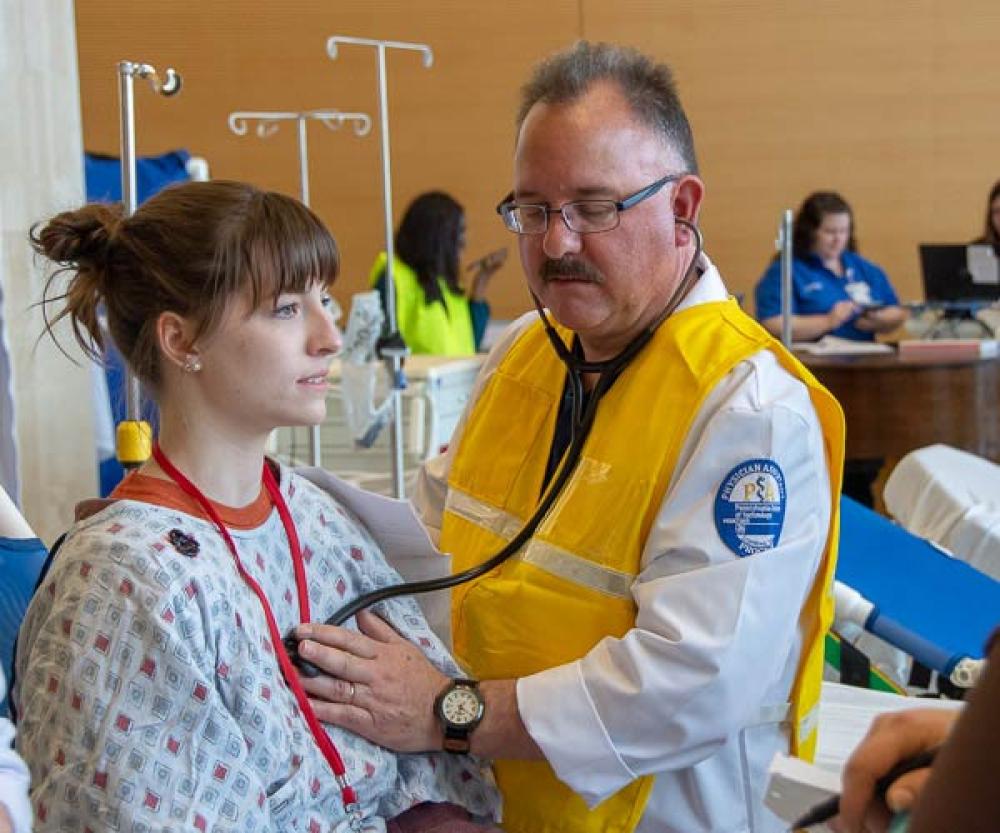
Students take action with mock crisis drill
Students from Penn College’s School of Nursing & Health Sciences and School of Business, Arts & Sciences joined area law enforcement, emergency management and health care professionals in a recent simulation at UPMC Susquehanna Williamsport Regional Medical Center and a variety of other locations.
More Information
Anyone desiring entrance into this major must gain admission to Penn College, as well as hold a paramedic certification that was obtained through the successful completion of a Commission on Accreditation of Allied Health Education Programs (CAAHEP) accredited paramedic training program.
All students must earn a “C” (2.0) or higher in all BIO, CHM, PHS, MTH, MTR, and HTH courses. If a lower grade is earned in any of these courses, the course must be repeated.
NOTE: Students seeking entrance into the M. S. in Physician Assistant Studies major upon graduation from the Prehospital Medicine major will need to earn a "B" or higher in many BIO, CHM, and PHS courses. Please refer to the selective admission criteria for complete details (see https://www.pct.edu/catalog/selective-admission-criteria-process/physician-assistant-studies.
This major is subject to the transfer standards established by the College. Please refer to transferring credits for complete details (see https://www.pct.edu/admissions /transfer/ transferring-credits). Exceptions must be approved by the school dean.
Students pursuing this major must provide a copy of their current paramedic credential prior to enrollment in this major. The paramedic credential must be current and in good standing. Students that hold an accepted paramedic credential will receive 30 block credits toward the PMC degree. Please note that credits given for a paramedic credential are separate from any general education coursework the student may have completed previously.
International health credentials/licensure, sciences courses, and most math courses will not be accepted to satisfy requirements of this major. Please see additional information for international students applying to Nursing & Health Sciences majors.
Alternative Credit refers to academic credits earned through means other than traditional college course completion, including credit by exam, articulation, proof of competency gained in high school, work/life experience, and advanced placement.
Visit the Alternative Credit Options page for requirements and procedures and for information on credit through Advanced Placement.

